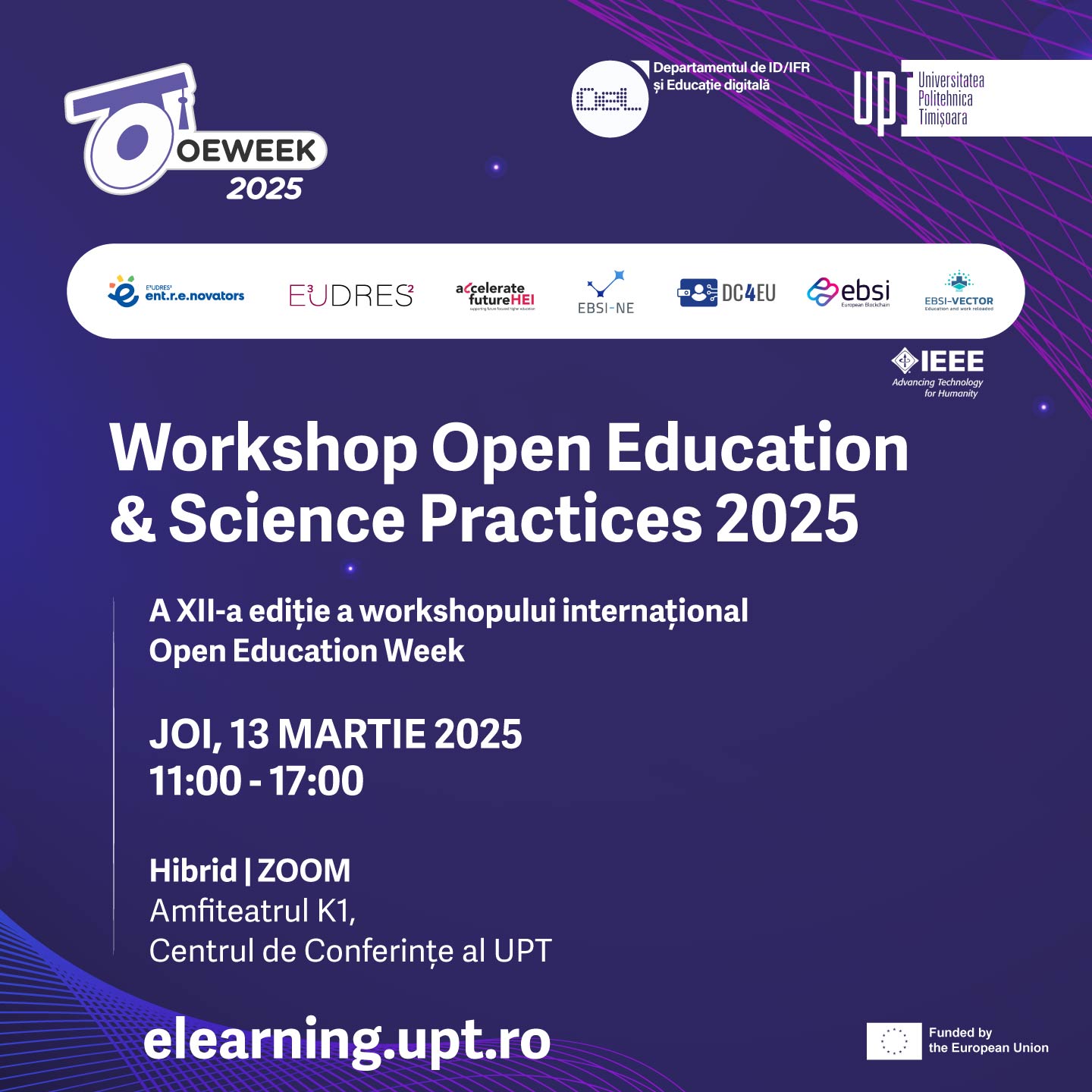
Workshop Open Education & Science Practices 2025
The 12th edition of the international Open Education Week workshop, supported by Open Education Global
Thursday, March 13, 2025, 11:00 - 17:00 EET (10:00 - 16:00 CET) | Hybrid
The event will be held in a hybrid format and participants can opt for ONLINE registration, via Zoom or physically, in the K1 Room – UPT Conference Center.
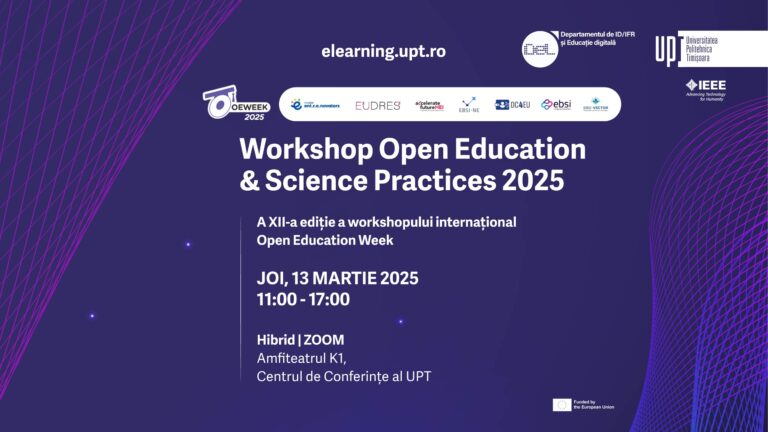
The 12th edition of the OEW International Workshop is organized Thursday, March 13, 2025, by The Politehnica University of Timișoara, through the Digital and Distance Education Department, together with European Universities Alliance E³UDRES² and Ent-r-e-novators, with the support of IEEE support Romania, within the Open Education Week 2025, supported by Open Education Global, in room K1, Conference Center of Politehnica University Timișoara (Vasile Pârvan Boulevard, no. 2 B, next to the UPT Central Library) and online.

Highlights
- Captivating presentations from international experts
- Interactive discussions and networking opportunities
- Key insights on integrating open science into university practices
- Introduction to projects E³UDRES² partners and Ent-r-e-novators
- Updates on European Open Science
- National and institutional perspectives on science and open access
- Demonstrations of open digital scientific tools
- Exploring open pedagogies, emerging technologies, and generative AI
Under the theme "Challenges in practices, tools and methods of open science and open education", the workshop will delve into how open science and open educational resources are integrated into everyday activities, particularly in universities, research projects, and education in general. An emphasis will be placed on the response of educational and research systems to the challenges of emerging technologies of artificial intelligence, virtual reality and blockchain.
The workshop aims to bring together international speakers, preparing interactive sessions and discussions and is addressed to teachers, students, as well as actors in the field of education and training, IT trainers or human resources departments.
Participation is free, and attendees can choose between physical attendance at the UPT Conference Center or online participation. Participants will receive Open Education Workshop Participant Open Badges online and Certificates of Participation for physical attendance.

Dr. Anthony Camilleri | On-site
Policy consultant, project manager and quality and standardization expert
Founder and Senior Partner at the Knowledge Innovation Center | KIC
Dr. Anthony Camilleri is a Policy Consultant, Project Manager, and Quality & Standardisation Expert, as well as the Founder and Senior Partner at the Knowledge Innovation Centre (KIC). Since 2009, his work has been at the intersection of education, digital innovation, and standardization. Before that, he was active in European student politics with the European Students Union. To continue this work, he and Justin Fenech founded KIC as a consultancy and think tank. Together, they aim to spark innovation in education, improving access and outcomes for students. As a senior partner, Anthony F. Camilleri guides KIC’s projects and growth, focusing on digital credentials, educational interoperability, micro-credentials, quality assurance, and skills policy.

Martin Ebner | ONLINE
Head of the Department of Educational Technology Graz University of Technology | TU Graz
Dr. Martin Ebner serves as the Head of Educational Technology at Graz University of Technology, holding the title of Adjunct Professor (Priv.-Doz. Dr.) in Media Informatics (Bildungsinformatik). With extensive expertise in Technology Enhanced Learning, Open Educational Resources, Learning Analytics, Seamless Learning, Maker Education, MOOCs, computer science education, and AI in education, dr. Ebner is a distinguished researcher. His research activities focus on areas such as MOOCs, Seamless Learning, Open Educational Resources, Learning Analytics, Maker Education, and computer science education for children. His significant contributions add value to developing and implementing innovative technologies in the educational context.

Arnold Pears | ONLINE
Professor, Chair of the Department of Engineering Sciences, School of Industrial Technology, KTH Royal Institute of Technology, Stockholm, Sweden
Prof. Arnold Pears is the Chair of the Department of Learning in Engineering Sciences at the School of Industrial Technology. His research in engineering education contributes to a deep understanding of how engineering should be taught, considering the needs of global societies and cultures. He emphasizes that engineering education goes beyond the mere accumulation of technical knowledge, encompassing a broad spectrum of professional practices, competencies, and the ability to apply technical knowledge for the benefit of humanity and society. A major current challenge for him is exploring mechanisms to connect more young people with technology and engineering, helping them find the study of STEM (Science, Technology, Engineering, and Mathematics) more meaningful and relevant
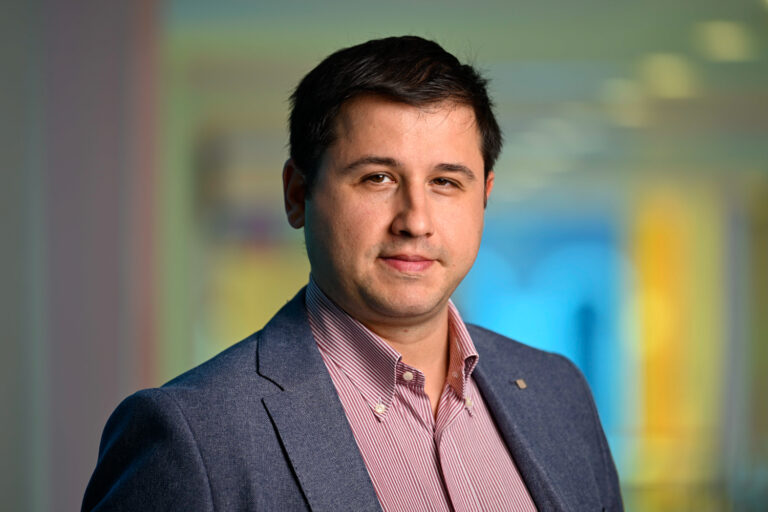
Dr. Vlad Mihăescu | On-site
Faculty of Electronics, Telecommunications and Information Technology
Vice-President of the Senate, Politehnica University of Timișoara, Romania
EDEN DLE Board Member
Vlad Mihăescu he has a PhD in MOOCs educational and technological models and has over 20 years of experience as a trainer in fields such as multimedia technologies, social media, e-tourism, e-learning, usability, programming, soft skills, leadership, entrepreneurship and project management. Author of over 50 scientific papers and book chapters published at international conferences and magazines, Vlad is involved in several national and European research projects in the field of eLearning, digital culture, entrepreneurship, innovation and technology transfer. He is also a lecturer at the Politehnica Timișoara University, associated with disciplines in the area of web technologies, digital services and digital entrepreneurship. For over 15 years, Vlad has been part of the technical support team of the UPT Virtual Campus (Moodle). Since 2020, Vlad is a member of the NAP (Network of Academics and Professionals) of EDEN, holding the position of president of the Coordination Committee in the period 2020-2023. He was an ex-officio member of the Executive Board of EDEN UK in the period 2020-2022, then being elected a member of the Management Board of EDEN DLE from 2022. Vlad was also the director of the Center for Innovation and Technology Transfer at UPT (2021- 2024) and is currently vice president of the UPT Senate.

Dr. Andrei Ternauciuc | On-site
Head of the UPT Virtual Campus administration and development team
20 years of experience working with learning management systems
Andrei Ternauciuc is a Head of Works at the Department of Communications of the Faculty of Electronics, Telecommunications and Information Technology. He teaches courses and supports practical activities with students in a variety of fields, including educational and information technology, online platforms and telecommunications equipment testing. He successfully defended his PhD in 2011 with a thesis in the field of educational web platforms and open-source platforms, eLearning technologies being among his core professional interests, along with modern internet technologies.
He was responsible for UPT as a partner in 3 European projects and has participated as a member of research and development teams in a series of national and international projects, with partners from academia and industry. He is also the Head of the administration and development team of the Virtual Campus of UPT, the e-Learning platform of the Politehnica University of Timisoara.
His research interests include e-learning, Open-source software and virtual laboratories. His publication list includes over 50 papers presented at various international conferences or published in scientific journals. He has almost 20 years of experience working with learning management systems and has contributed to the design and implementation of various e-learning platforms, including ViCaDiS - Virtual Campus for Digital Students, CVUPT, UniCampus.ro, OpenVM and many others.
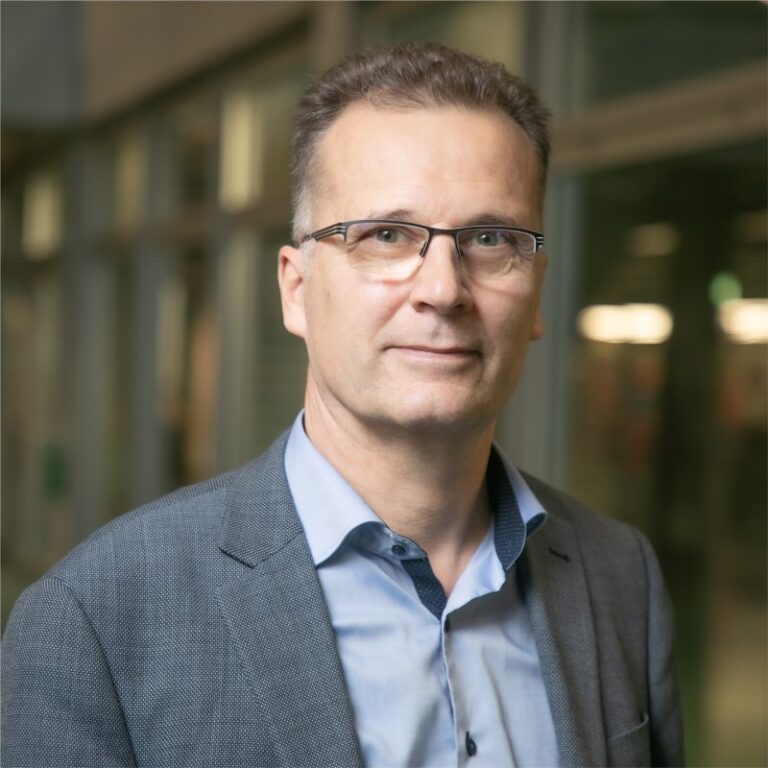
Knut Blind | ONLINE
Chair of the Department of Innovation Economics, Technical University of Berlin
Fraunhofer Institute for Systems and Innovation Research ISI
Prof. Knut Blind is the coordinator of the business unit for Regulation and Innovation at the Fraunhofer Institute for Systems and Innovation Research ISI. Since 2006, he has also been a professor of innovation economics at the Technical University of Berlin.
His research focuses on analyzing the link between regulation and innovation, including the impact of regulatory framework conditions on firms' innovation behavior, standardization as a form of self-regulation, and intellectual property rights.
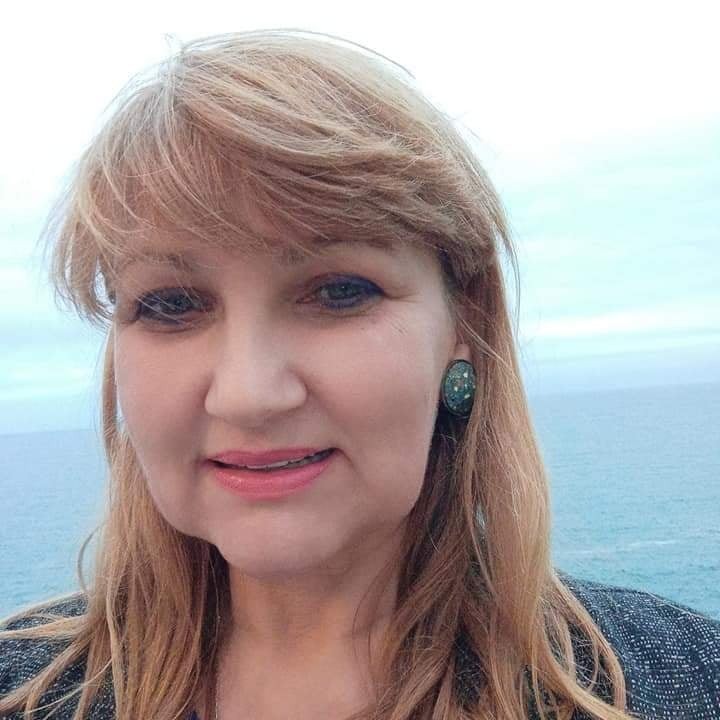
Carmen Holotescu | On-site
Rector of the "Ioan Slavici" University of Timișoara, Professor of Computer Science, Center for OE and Blockchain
Prof. Carmen Holotescu is a professor, dean of the Faculty of Engineering and director of the Center for Open Education and Blockchain at the “Ioan Slavici” University of Timisoara, with a PhD in new technologies and open education. He has participated in many European projects and has extensive experience in the design and implementation of learning and collaborative platforms based on open pedagogies.
She has written over 100 articles and chapters/books related to eLearning/Blended Learning, Social Media, Open Educational Resources (OER), Massive Open Online Courses (MOOC), Blockchain, mentioned in over 2,500 citations. She is a certified online instructor of the University of Maryland University College, USA, facilitating online courses at this university for 12 years.
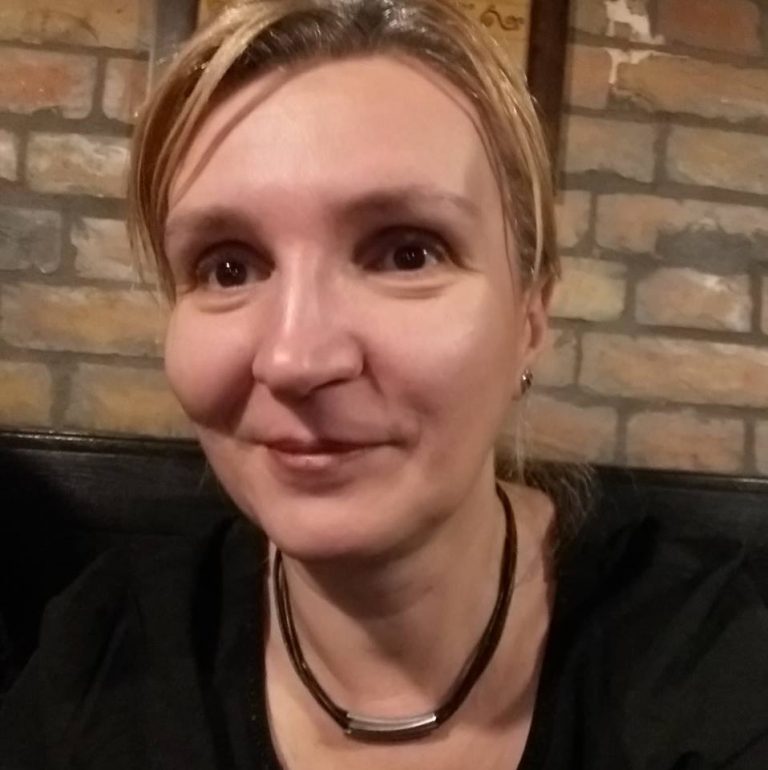
Gabriela Grosseck | On-site
Associate Professor, PhD, Department of Psychology, West University of Timișoara
Dr. Gabriela Grosseck is an associate professor in the Department of Psychology of the West University of Timișoara. With extensive experience in the use of ICT in education (teaching, learning and research), she is particularly concerned with the training of students and teachers, both in face-to-face and online environments.
Author of numerous articles in the field of e-learning, he has a sustained presence as a guest at various international events, workshop organizer or member of various editorial boards (journals and/or conferences). His research interests cover the main aspects of open education (OERs/OEPs and MOOCs), Web 2.0 tools and social media applications in higher education, aspects related to media education and, more recently, education for sustainable development.
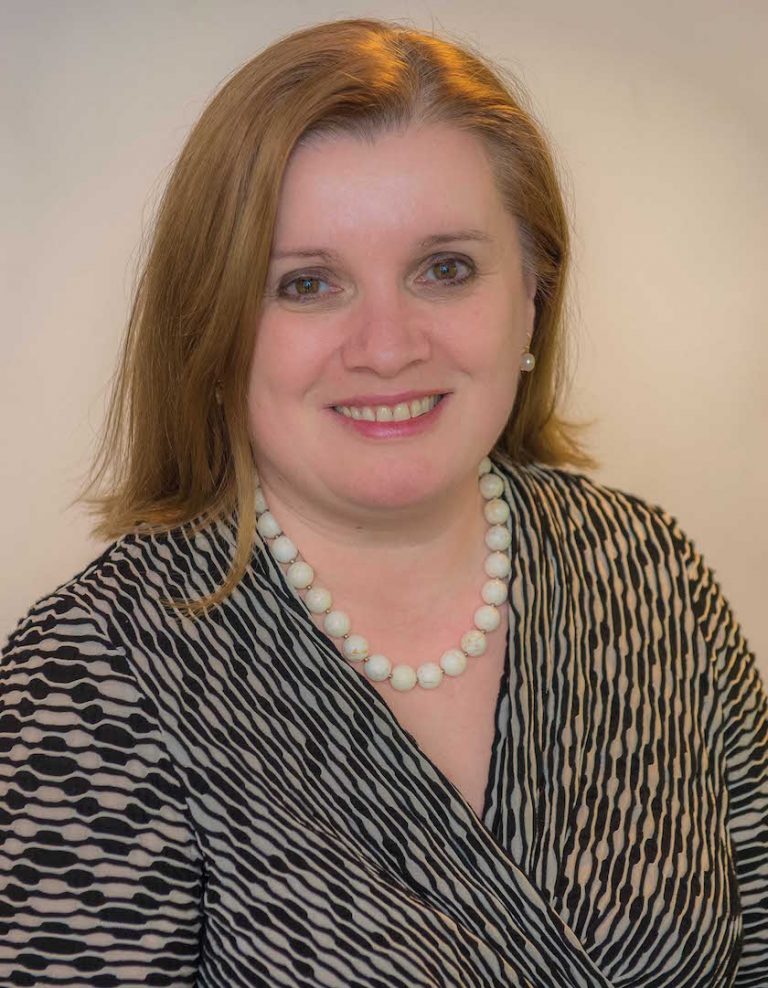
Diana Andone | On-site
Director of the ID/IFR and Digital Education Department
Dr. Diana Andone is the Director of the Department of ID/IFR and Digital Education at Politehnica University of Timișoara, Romania, responsible for the planning and implementation of digital technologies, online learning technologies and the university's award-winning CVUPT Virtual Campus. She is also an Associate Professor at Politehnica University of Timișoara, Romania, in the field of multimedia, interactive and web technologies. Since 1998, she has been teaching course modules at universities in the UK, France, USA, Finland, Italy, Greece.
She holds a PhD in Designing eLearning Spaces for Digital Students from Brighton University, UK, has extensive research experience, with an intense publishing activity (over 17 books, 100 research papers, 11 Best Paper Awards), and over 30 research and educational projects, mainly funded by the European Commission. She is passionate about ubiquitous access to technologies and how they can be used to improve people's lives.
Dr. Andone actively promotes the use of OER, MOOCs and open education principles, developing UniCampus.eu for digital skills training, acting in international associations (EDEN, IEEE, AACE, IADIS, IAFES,) actively supports the local start-up movement (StartUp Weekend, HackTM, hackathons, CoderDojo) and Girls in Tech, Women in Tech and STEM education. She also works on the Board of Directors of Romanian NGOs (Fundația Pentru Voi), in Timișoara 2021 European Capital of Culture Task Force and in other volunteer organizations. Dr. Andone is an EDEN Senior Fellow, IEEE Education Society 2021 Distinguished Chapter Leadership Award recipient, EDEN Vice President for Communication and Communities (2018-2021) and member of the Board of Governors of the IEEE Education Society (2021-present), and within the IEEE Romania Section the Educational activities Chair (2019-present).
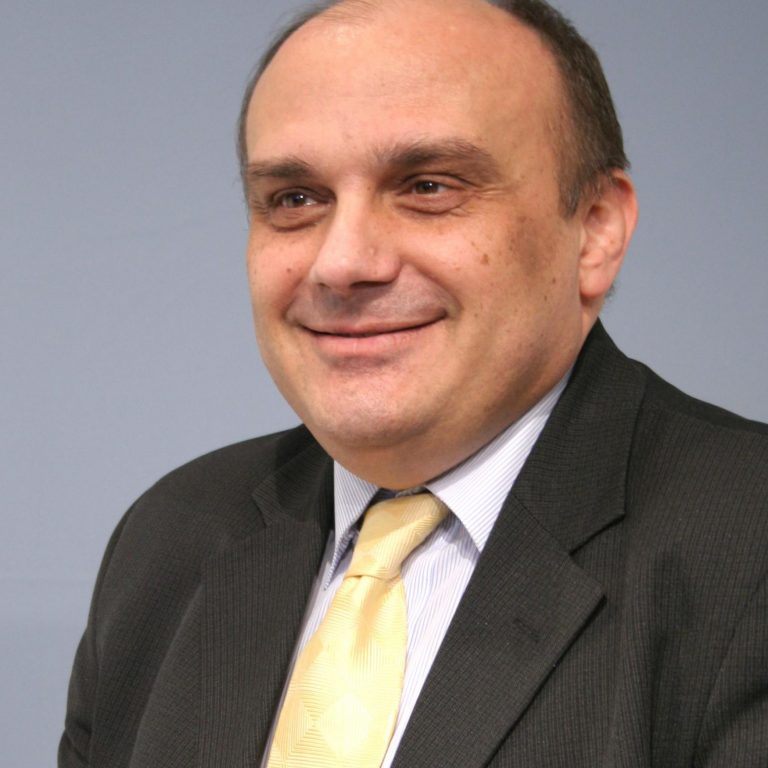
Radu Vasiu | On-site
University professor, PhD engineer
Prof.univ.dr.ing. Radu Vasiu is a professor at the Faculty of Electronics, Telecommunications and Information Technologies of Politehnica University Timișoara. His recent research focuses on e-learning, multimedia, web technologies, open data and smart cities. He has published 12 books and presented over 100 papers at various international conferences. He has participated in 28 international research and cooperation projects and is part of 7 international professional associations.
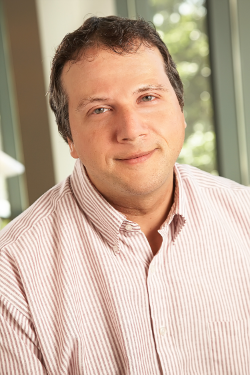
Mark Frydenberg | ONLINE
Professor at Bentley University | Waltham, USA
Lecture. Mark Frydenberg is a senior lecturer at Bentley University in the USA, a best-selling author of the Cengage Learning series of books. Mark's professional interests include the use of technology in education. He is the Director of the CIS Learning and Technology Sandbox (http://cis.bentley.edu/sandbox) and is a frequent speaker at conferences on the use of web 2.0 technologies.
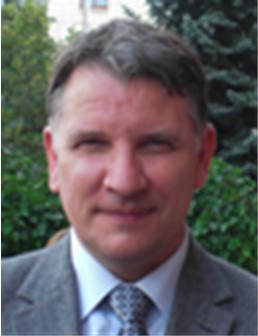
Cristian Gyozo - Haba | ONLINE
IEEE Romania and professor at the "Gheorghe Asachi" Technical University of Iași
Prof.dr.ing. Cristian Gyozo-Haba is a professor at the Faculty of Electrical Engineering, Power Engineering and Applied Informatics of the “Gheorghe Asachi” Technical University of Iași. He is the director of the Department of Electrical Engineering and a member of the Commission for Informatization and Digital Communications of the University Senate, his areas of interest being digital systems design, embedded systems design, online education (remote access laboratories, virtual laboratories) and distributed measurement systems. He is a member of IEEE, ACM and EAI and since 2019 president of the IEEE Romania Education Chapter.
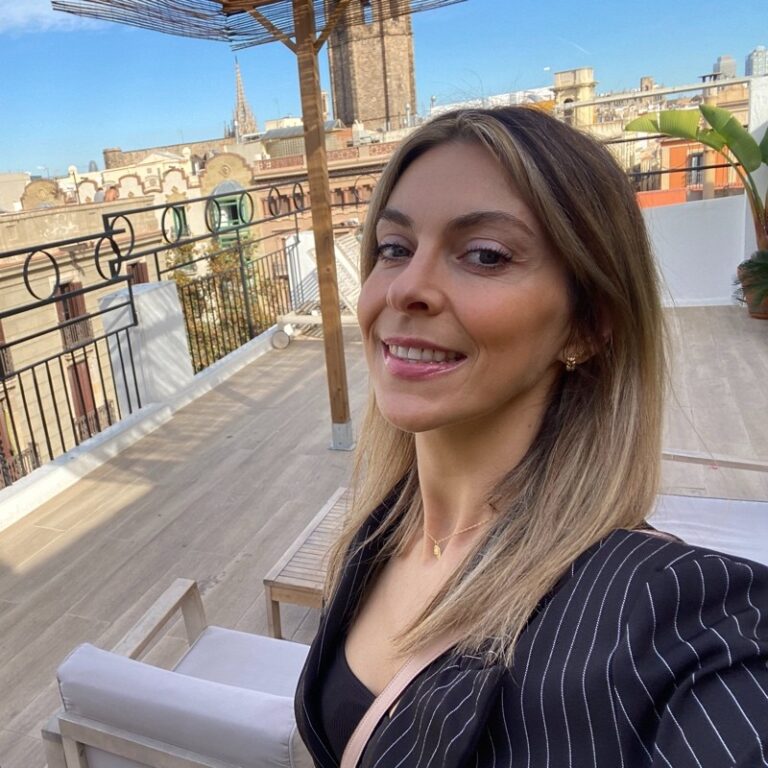
Ann Reulens | ONLINE
Researcher and expert in supply chain management and sustainability at UCLL | Diepenbeek, Belgium
Lecture. Ann Reulens is a dedicated expert in supply chain management and sustainability, as a visiting professor and researcher at UCLL Hogeschool. Her work focuses on driving sustainable practices and circular economy principles within organizations. With a particular focus on ESG strategies and compliant procurement, she guides companies through complex legal frameworks and facilitates effective transition management. Ann’s expertise helps organizations address sustainability challenges, improve resource efficiency and foster ethical business practices, ensuring they meet current and future environmental standards.
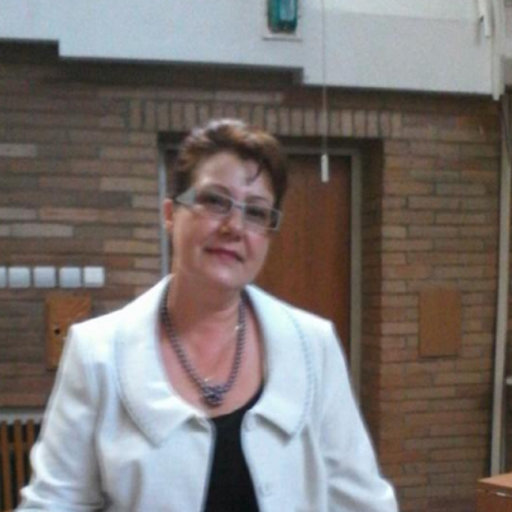
Anca Draghici | On-site
President of the Romanian Society for Ergonomics and Workplace Management (ErgoWork, https://ergoworksociety.com/) and member of the Romanian Academic Management Society (SAMRO, https://samro.ro)
Dr. Anca Drăghici received his Master's degree in Machine Tool Design (1989, Transilvania University of Brașov, Romania) and his Bachelor's degree in Business Management (2001, Babeș-Bolyai University of Cluj-Napoca, Romania). In 2001, he obtained his PhD in the research field of machine tool ergonomics, at Transilvania University of Brașov, Romania. He is currently a full professor (and PhD supervisor) at Politehnica University of Timișoara, Romania, Faculty of Production and Transport Management. His teaching disciplines are related to Industrial Ergonomics, Human Resources Management, Occupational Health and Safety, Investment Management and Knowledge Management. His research interests are related to the impact of sustainability on organizational dynamics and business models.
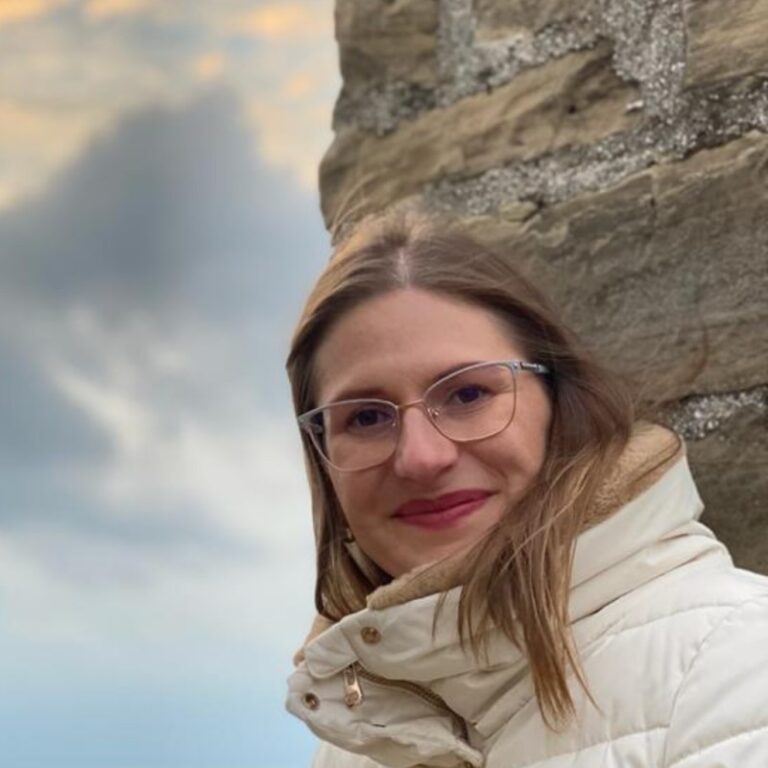
Maria Elena Boatcă | On-site
Assistant Professor and Researcher, Politehnica University of Timisoara, Romania
Dr. Maria Elena Boatca is a young researcher and associate professor interested in various topics, including green energy, energy prices, digitalization, multimedia and digital skills, and distance learning. The results of her research have received public appreciation: in 2022, she received the “Best PhD Thesis in Management” award from the Romanian Academic Management Society. Currently, Maria Elena Boatca is involved in three Erasmus+ projects as a researcher and trainer. She was also a research assistant within the EIP-MACRO project, where she gained additional knowledge in the field of environmental and energy economics.
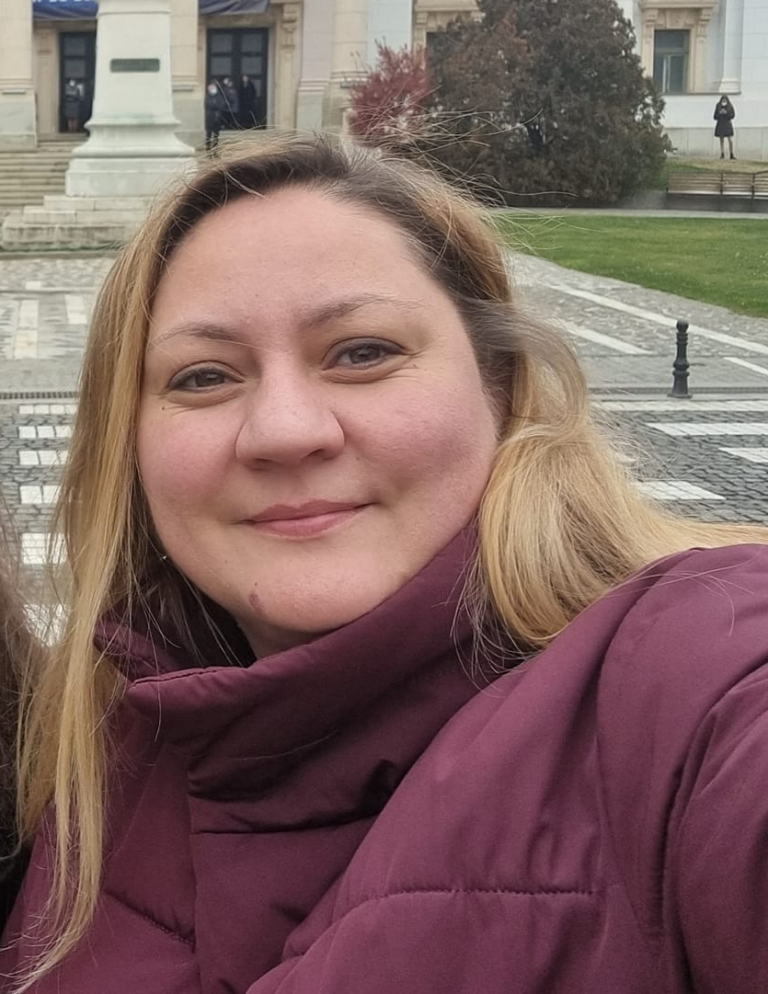
Alina Ancuța Berbeneciuc | ONLINE
Professor at the "Vasile Adamachi" College of Agriculture and Food Industry in Iași
Prof. Alina Ancuța Berbeneciuc is a teacher at the Vasile Adamachi Agricultural and Industrial Technical College in Iași. Her research interests focus on the application of artificial intelligence in ICT classes in technical secondary schools, challenges and practical examples.
She was involved in the activities of the Erasmus+ VET project (creating documentation for the 3 mobilities within the project, participating in student selection interviews, digitally conducting teacher-student selection tests).
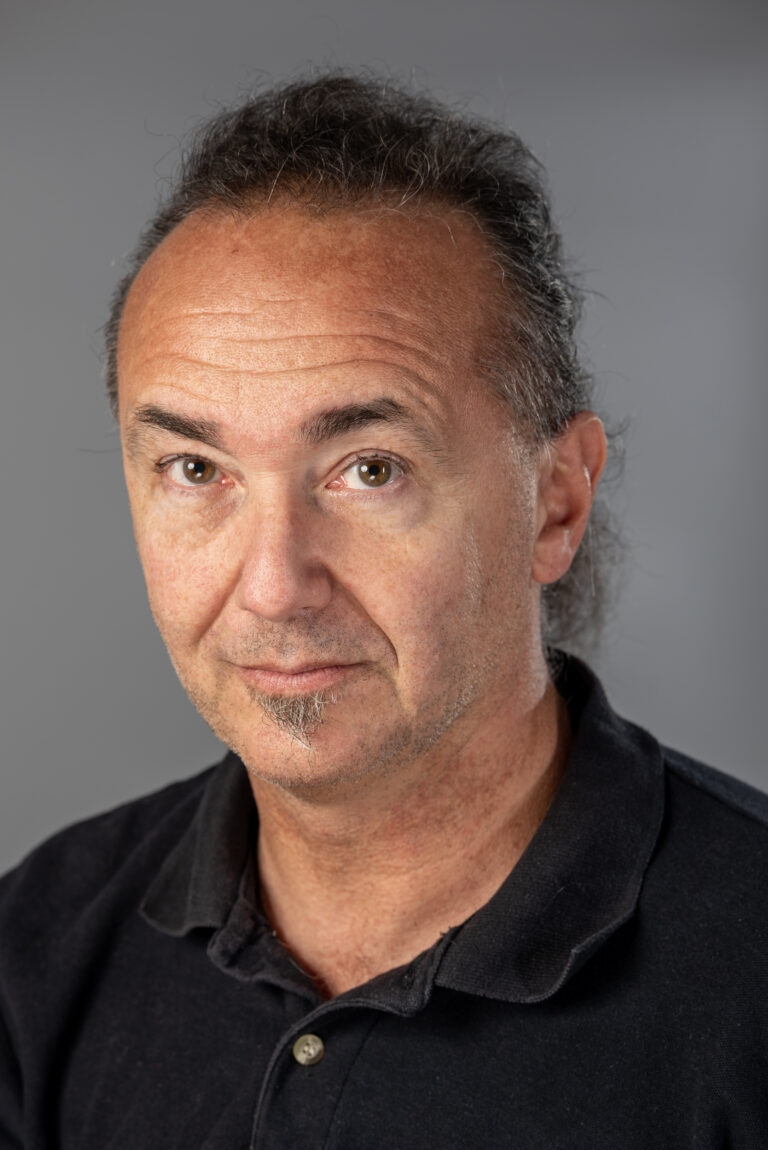
Cristian Țecu | On-site
Assistant in the Department of Communications, Faculty of Electronics, Telecommunications and Information Technologies, Politehnica University Timișoara
I would. Dr. Ing. Cristian Tecu is an assistant in the Department of Communications at the Faculty of Electronics, Telecommunications and Information Technologies. He coordinates the Multimedia Development Project as well as the laboratory work on Telecommunications Equipment Testing (Prof. Radu Vasiu) and Television Systems (Prof. Florin Alexa).
In 2010 he obtained his PhD in Electronic Engineering and Telecommunications from the Politehnica University of Timisoara. He has been involved in over 10 research or international cooperation projects. In his DNA, he is a photographer, and his areas of interest include creativity and photo-video-audio editing and media techniques.
UPT Conference Center
It is located on Vasile Pârvan Boulevard no. 2 B, right next to the UPT Central Library.
The OPen Education & Research Practices workshop will be organized in K1 Amphitheater.
The K1 amphitheater has:
- 89 seats for the public;
- 4 seats in the presidium;
- 16:9 video projection system (projector + projection screen);
- sound system (4 microphones for the presidium, 2 mobile microphones, 2 lavaliers);
Timisoara
We are delighted to host you this spring in the heart of Timisoara. Also known as “Little Vienna”, Timisoara – a city with a rich history and impressive architecture. We invite you to discover its vibrant squares and the multitude of green parks:
- Visit Union Square – This is the central square of Timisoara and a great place to start exploring the city. The Union Square (Domplatz) was unusually large compared to the size of the fortress, which served to highlight the baroque appearance of this space.
- Brück Palace (located in Union Square) – On the southern side of the Union Square, in the immediate vicinity of the Baroque Palace, is one of the most recognizable buildings in Timisoara – the Salamon Brück Palace. Built according to the plans of the Timisoara architect László Székely, in the Secession style, the palace was completed in the summer of 1911.
- National Theatre and Opera (Union Square) – The building was built between 1872 and 1875 in the intra muros area of the fortress, according to the plans of architects Ferdinand Fellner Jr. and Hermann Helmer, in a historic eclectic style.
- Maria Theresa Bastion –, also known as the "Fortress Bastion", is the largest surviving part of the former citadel of Timișoara. Inside it is also National Museum of Banat.
- Explore the Rose Park – Formerly called the Rose Park, Rosarium, Ștefan Plavăț Culture and Recreation Park, it is one of the parks in Timișoara, located in the Cetate neighborhood.
- Orthodox Cathedral "Holy Three Hierarchs" – The Orthodox Metropolitan Cathedral impresses both by its size and by the artistic value of the monument, combining elements of Byzantine architecture with those of old Romanian architecture.
- Bega Canal – enjoy a “cruise” on the Bega River by vaporetto. The canal runs through the entire city, connecting neighborhoods and historic areas.
>>> Discover more places to visit in Timisoara on the official page Spotlight Heritage Timisoara
